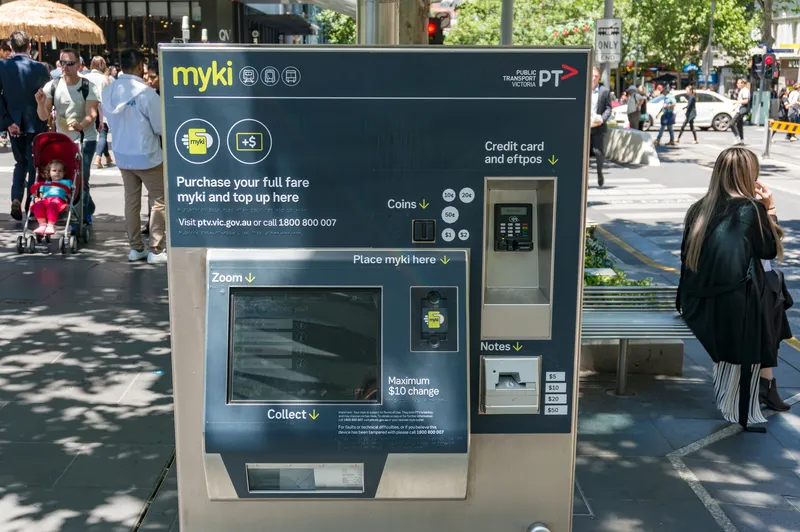Washington Metro has joined Chicago and New York in making plans to accept contactless bank payment cards at the turnstile, as a mass-market switch to EMV-based chip cards appears increasingly likely.
Washington Metro has awarded Accenture a US$184 million contract to replace the existing fare collection systems for Metrorail, Metro-operated parking facilities, Metrobus and MetroAccess services.
The new system will enable passengers to continue to use existing SmarTrip cards, while expanding fare paym
January 15, 2014
Read time: 1 min
Washington Metro has joined Chicago and New York in making plans to accept contactless bank payment cards at the turnstile, as a mass-market switch to EMV-based chip cards appears increasingly likely.
Washington Metro has awarded1968 Accenture a US$184 million contract to replace the existing fare collection systems for Metrorail, Metro-operated parking facilities, Metrobus and MetroAccess services.
The new system will enable passengers to continue to use existing SmarTrip cards, while expanding fare payment to chip-enabled credit cards, federal government ID cards, and mobile phones using near field communications (NFC).
1000 Chicago Transit Authority has also decided to convert to the Ventra open-fare payment system from 378 Cubic Transportation Systems, while the New York Metropolitan Transit Authority is planning to move to EMV chip cards and mobile payments.
Washington Metro has awarded
The new system will enable passengers to continue to use existing SmarTrip cards, while expanding fare payment to chip-enabled credit cards, federal government ID cards, and mobile phones using near field communications (NFC).










